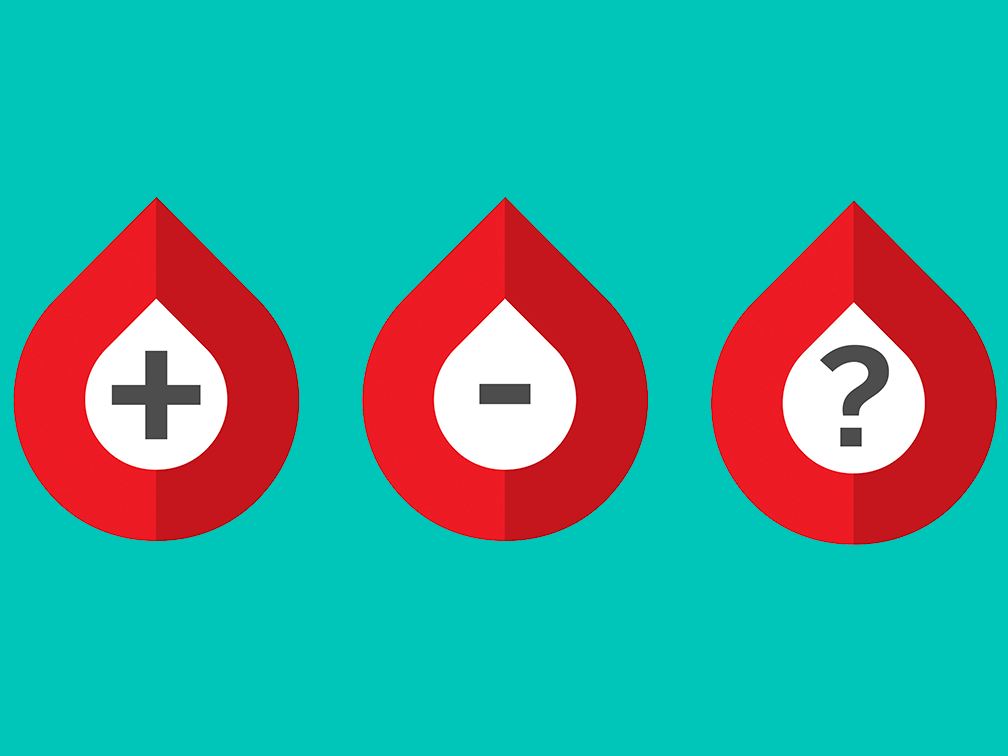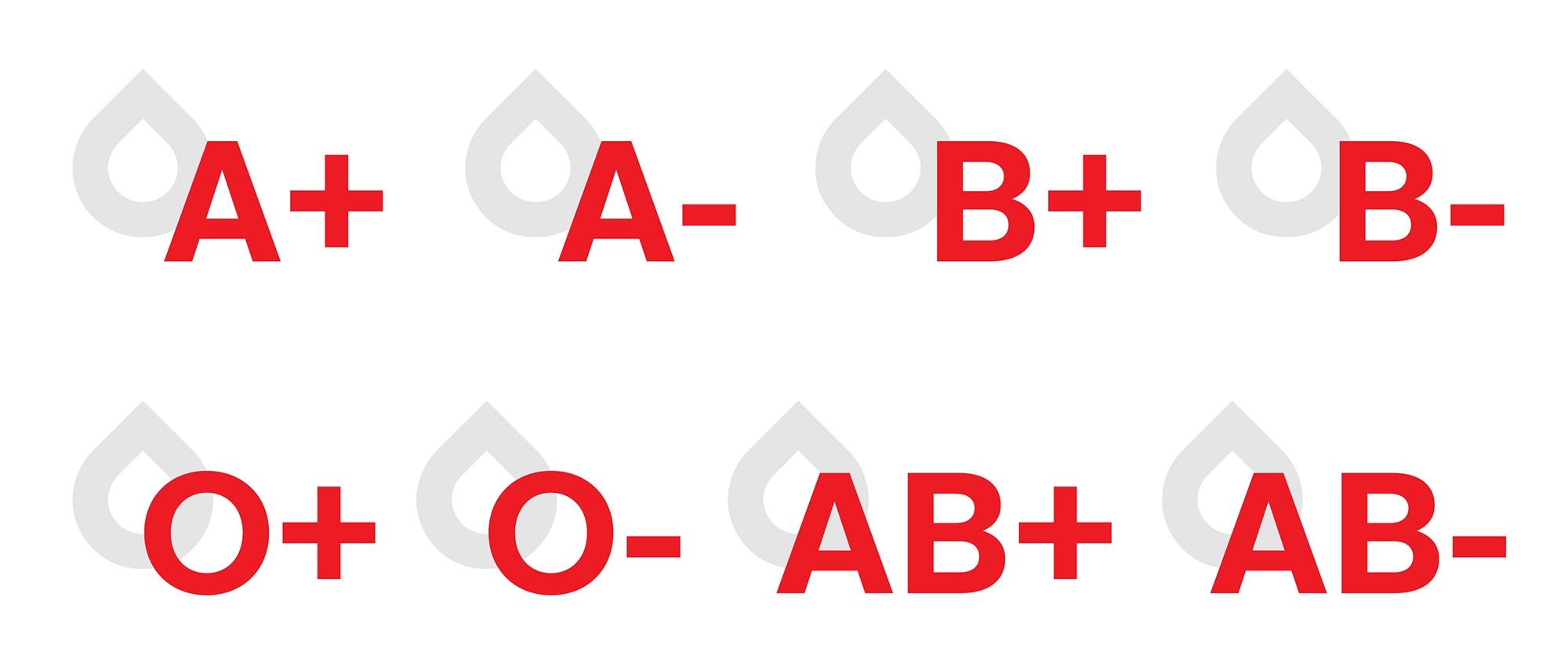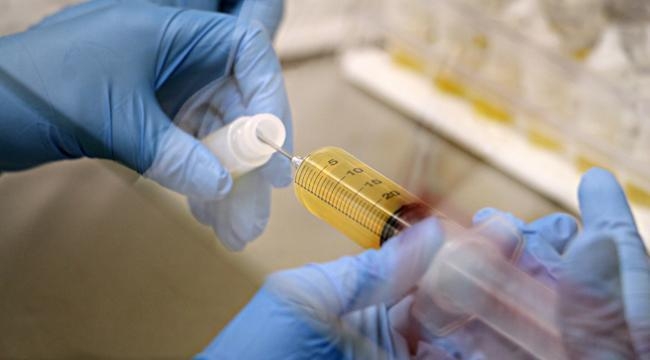What blood types are and what they mean for you
A helpful guide on what blood types are and answers to some common questions.
Did you know that blood types are determined by protein and sugar molecules, called antigens, on red blood cells? There are four main blood types: A, B, AB and O. Today, we're going to take a closer look at what blood types are and what they mean. We'll also discuss how you can donate blood or plasma if you're eligible, and learn more about Canadian Blood Services.
What are blood types?
Blood types are determined by the presence or absence of certain antigens on the surface of red blood cells.
There are four main blood types — A, B, AB and O — determined by the presence or absence of A and B antigens on the surface of your red blood cells. If your type is O, it means you have no A or B antigens on your blood cells. A person's blood type is inherited from their biological parents.

Positive blood types vs. negative blood types
Another interesting component of blood types is they can either be positive or negative. This is determined by the presence or absence of an antigen called the Rhesus (Rh) factor. If you have the Rh factor, your blood type will be positive. If you don't have the Rh factor, your blood type will be negative.
How can I find out my blood type?
You can find out your blood type by donating blood at Canadian Blood Services. If you're interested in donating blood, you can check to see if you're eligible by visiting our eligibility page. There are certain eligibility requirements that must be met in order to donate blood. For example, you must be at least 17 years old, weigh at least 110 pounds and be in good general health. You also cannot have donated blood within the last 56 days if you're registered as male, or every 84 days if registered as female.
Why is my blood type important?
So, what does this information mean for you? Blood type is important because it determines what blood a person can receive should they need a transfusion. For example, someone with blood type A can only receive blood from donors with type A or O blood. However, someone with type AB blood can receive blood from donors of any blood type.
You're our type!
Consider donating blood (if you're eligible) to find out your blood type. Canadian Blood Services is a great resource for learning more about blood types and blood donation. Thanks for reading!



